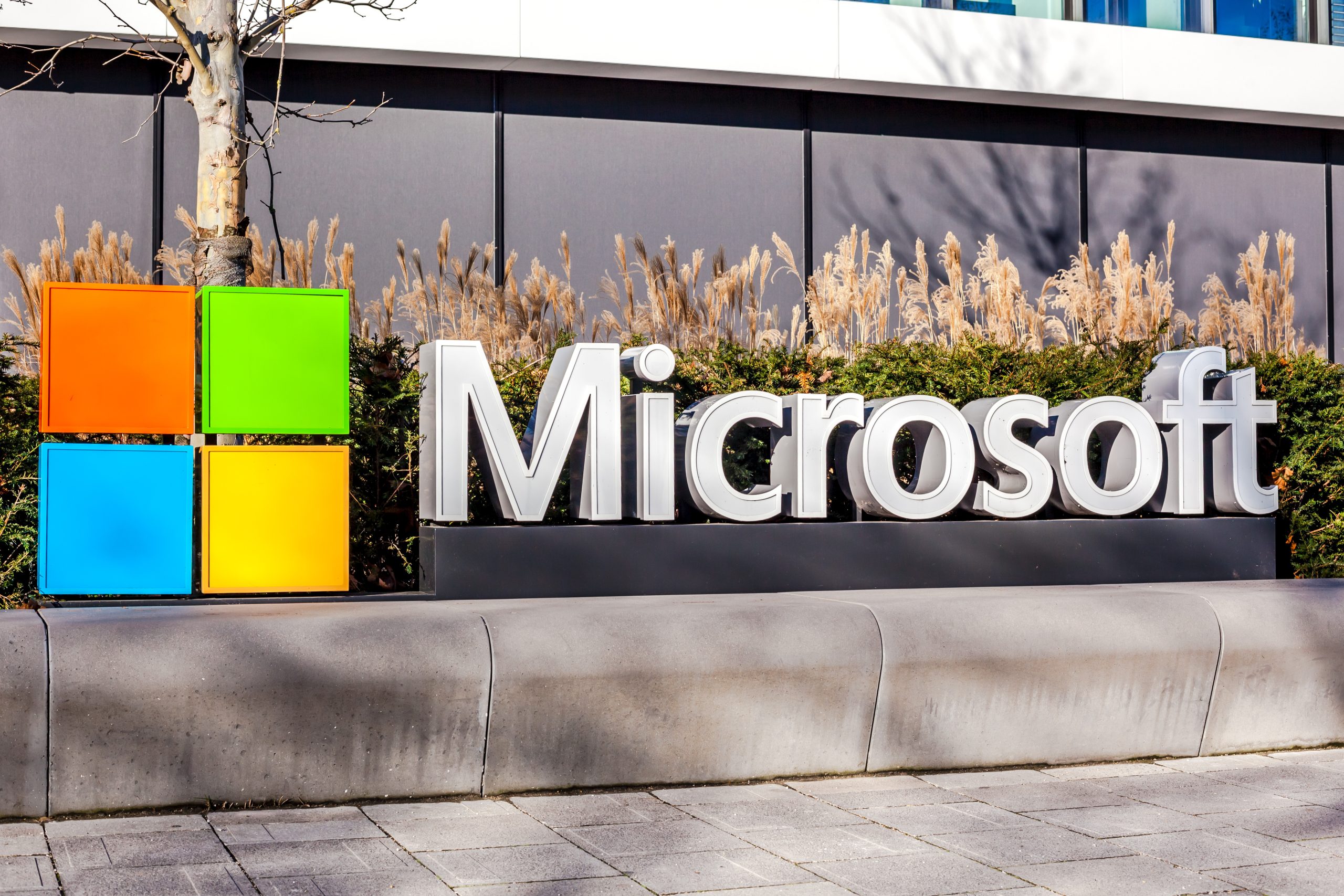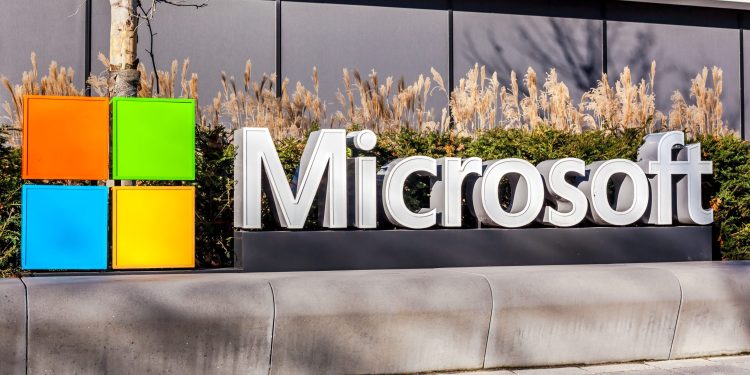
Microsoft just announced its Q4 earnings and the stock hasn’t responded well. The stock fell as much as 7% after the announcement, though most of it has been recovered as we head into today’s trading session.
The reason for the downfall was a slowdown in the growth of the cloud segment. This in itself wouldn’t be that big of a problem, especially since the CEO said the company expects better growth in the next 6 months.
What is worrying investors is the fact that the company intends to continue increasing spending on AI. This isn’t just Microsoft, as other companies continue to dish out money to be the best in AI. However, Wall Street is getting eager to see the results of this spending reflected in revenues, which is not happening for software companies.
Daniel Morgan, Synovus Trust, said:
The street doesn’t have a lot of patience. They see you spending billions of dollars and they want to see a pickup in revenue of that amount.
Hardware companies like Nvidia and AMD can quantify the ROI on their AI investments as they sell the hardware. However, companies that train models on the hardware or sell software are struggling to give a clear picture of revenues generated through AI.
As Microsoft’s share price tanked after the news of increased spending, Nvidia’s stock surged as it will be a direct beneficiary of that spending. Nvidia is already up 9% at market open.
AI has a spending problem
Microsoft and OpenAI already have plans for a $100 billion data center project. Google and Amazon are spending big amounts of cash to either acquire AI companies or form partnerships. Such massive investments are giving great returns to chip makers, and down the road possibly also to utilities that provide the power to run this infrastructure.
But the fact that software companies are reluctant to give an exact ROI on their investments is a cause for concern and is prompting the question of overspending.
Put another way, if companies are spending billions of dollars on AI, will AI solve problems worth billions of dollars?
Jim Covello, Goldman Sachs, said:
Replacing low-wage jobs with tremendously costly technology is basically the polar opposite of the prior technology transitions I’ve witnessed in my thirty years of closely following the tech industry.
Covello is sceptical for a reason. He has seen the implementation of AI in his firm and is perplexed at the cost of it.
We’ve found that AI can update historical data in our company models more quickly than doing so manually, but at six times the cost, the value proposition simply isn’t there yet.
Other analysts around the world are more optimistic about AI. But as long as there is no way to quantify the return on investment, we will continue to have days like today where one company’s pain is another company’s gain.
The post Microsoft’s loss, Nvidia’s gain: Should investors worry about ever-increasing AI spending? appeared first on Invezz







